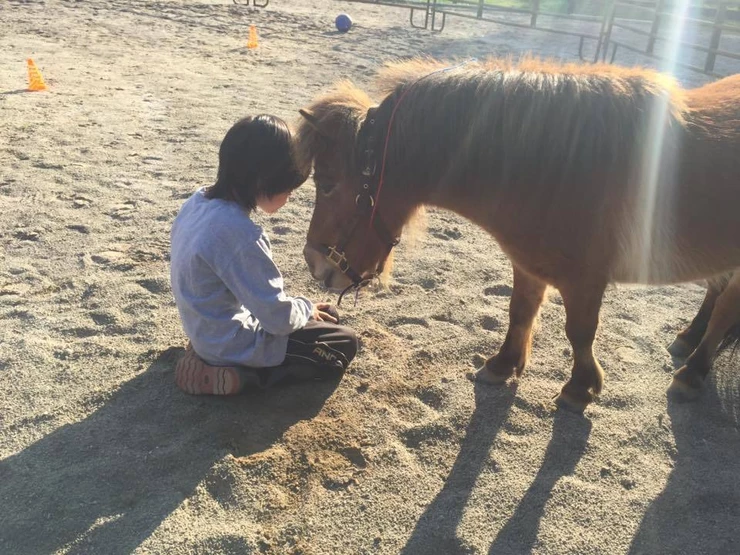Shame: The Crippling Beast
Oct 26, 2016As James walked through the halls of his new school he searched for room 306. He was intimidated by the confidence the other students seemed to have as they bounced effortlessly down the halls in groups, laughing and sharing stories. James searched each door briefly as he passed them but wasn't able to find where the door numbers were. As he neared the end of the hallway he finally saw in the top center of the doorway a room number. It was room 103. He had no clue where 306 might be but he kept walking. The halls quieted as everyone arrived at their classes and James felt small and out of place in the empty hallways. He was too scared to ask anyone for help and spent nearly the whole first period walking nervously through the school. At some point, a teacher called to him, "hey, what are you doing out of class?" James froze. He felt small, and stupid and he wanted to disappear.

It was mid-way through the school year and James had been placed in a foster home in a new county where he had to switch schools. This would be the third school James attended this year. Due to his childhood trauma he believed he was worthless and carried a mountain of shame everywhere he went. Minor interactions with people would often trigger this shame making him present socially awkward, unintelligent and rude.
When a child is deprived of proper care during critical years of development they blame themselves for what is happening to them. They think "I must not be worthy of care." When interacting with children from these backgrounds it is imperative that we take a non-shaming, non-punitive approach and protect them from the crippling beast that lurks over them.
One child. One hour a week. One life changed.
Learn how to launch a program today.
Get new activities and trauma tidbits straight to your inbox!
We hate SPAM. We will never sell your information, for any reason.


